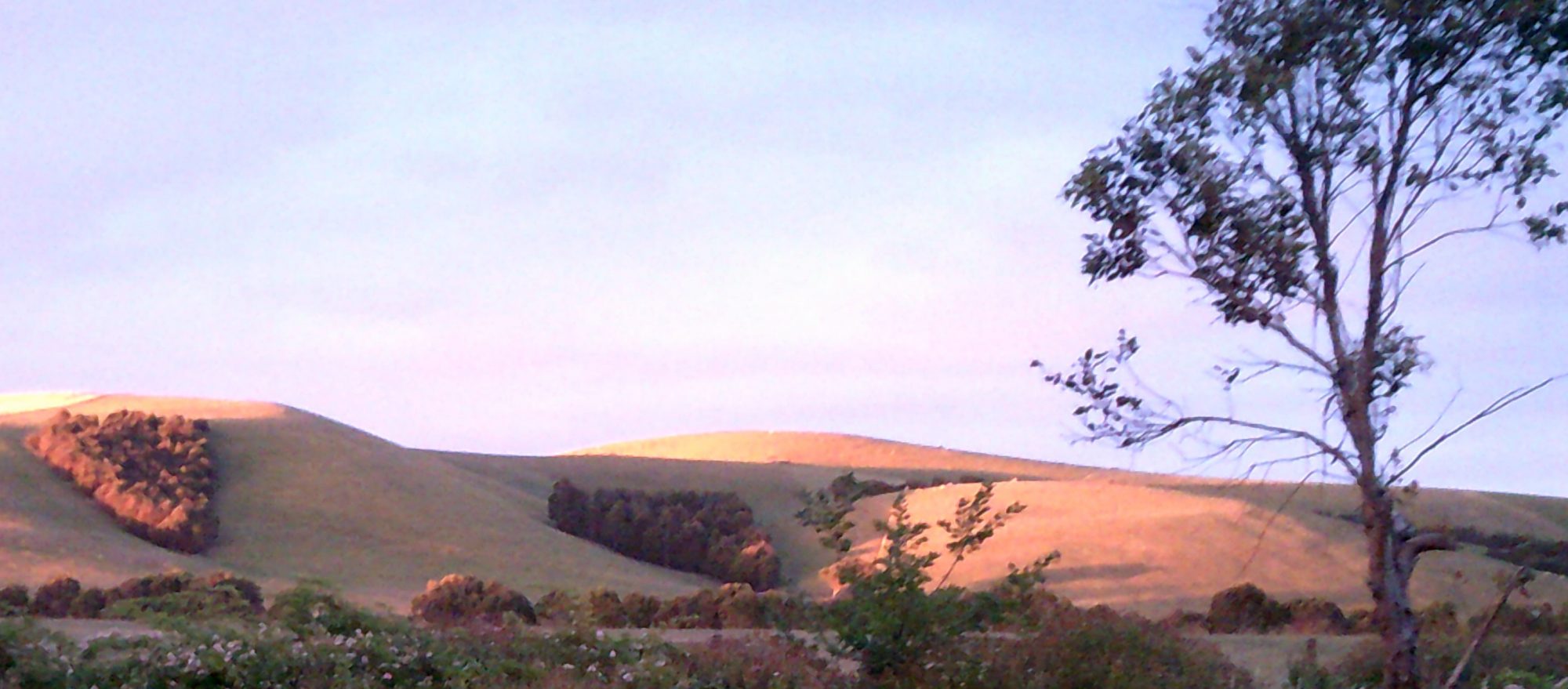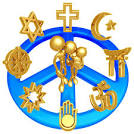I Am a Refugee!
I Am a Refugee! I am human, just like you, Yet my rights are not the same. We live beneath the same vast sky, But the earth we walk is divided—why? I am a victim of injustice, But justice feels just out of reach. I ask why I was made stateless, Only to find silence in reply. I watch as others roam free, While I am trapped in this endless wait. I dream of peace, of a world unchained, But who will help me break these walls? You were given a name, a home, a voice, I was given borders, bars, and fear. I am a refugee—human, like you. I, too, deserve peace. Imran.









 As America and Israel continue their attacks on innocent people, this seemed like an appropriate picture to post.
As America and Israel continue their attacks on innocent people, this seemed like an appropriate picture to post.
